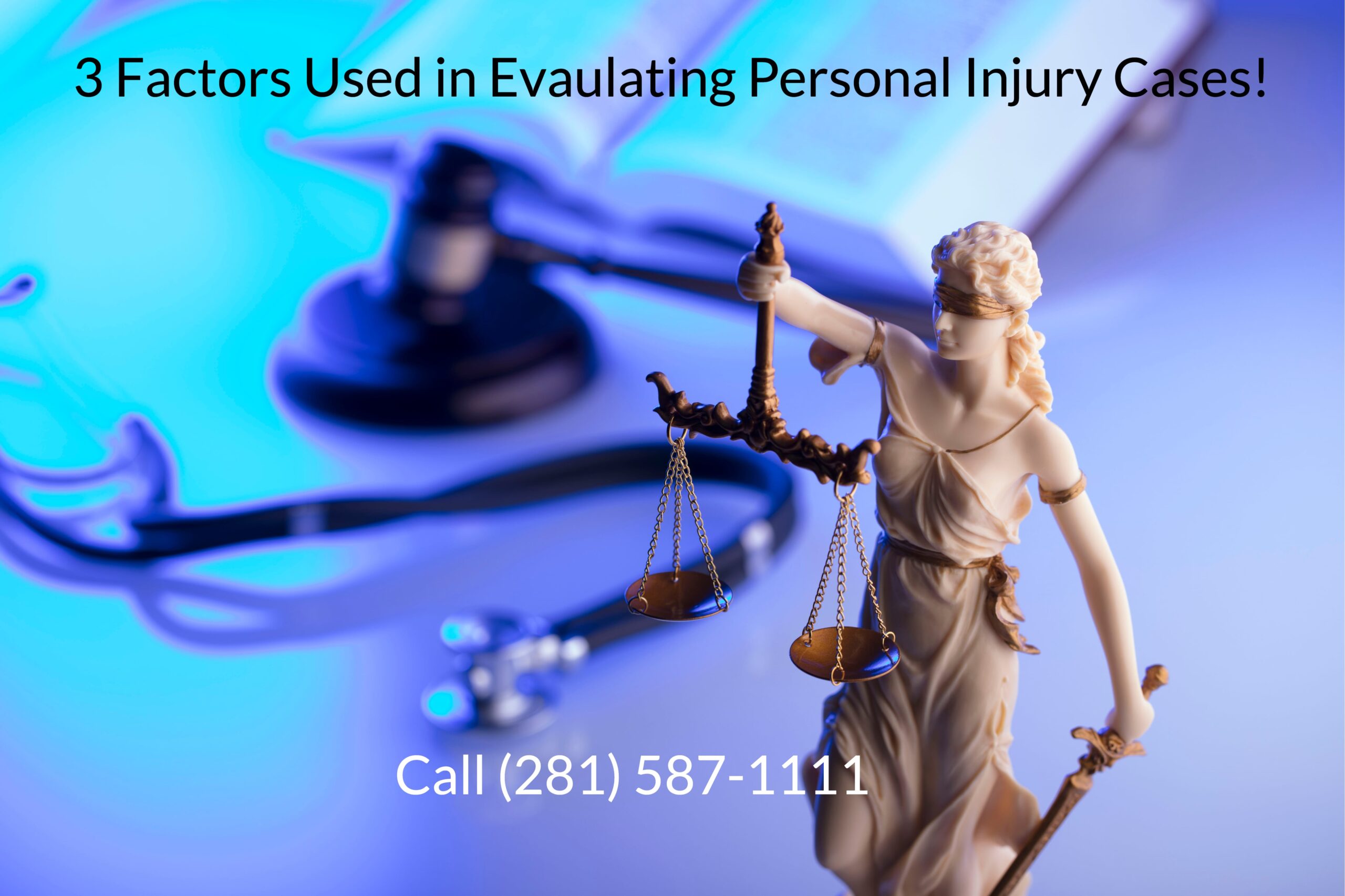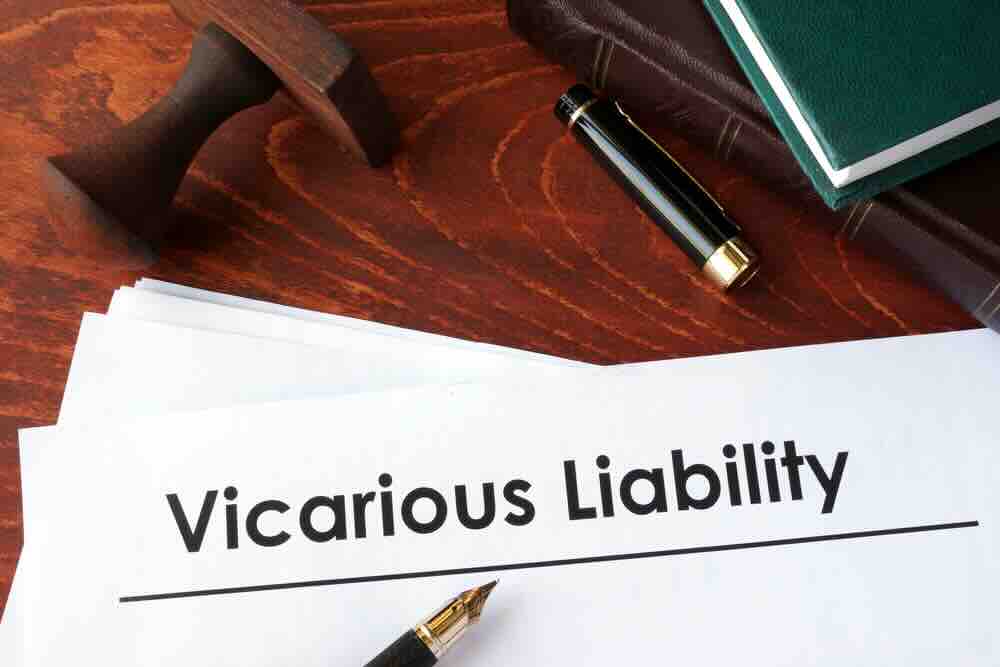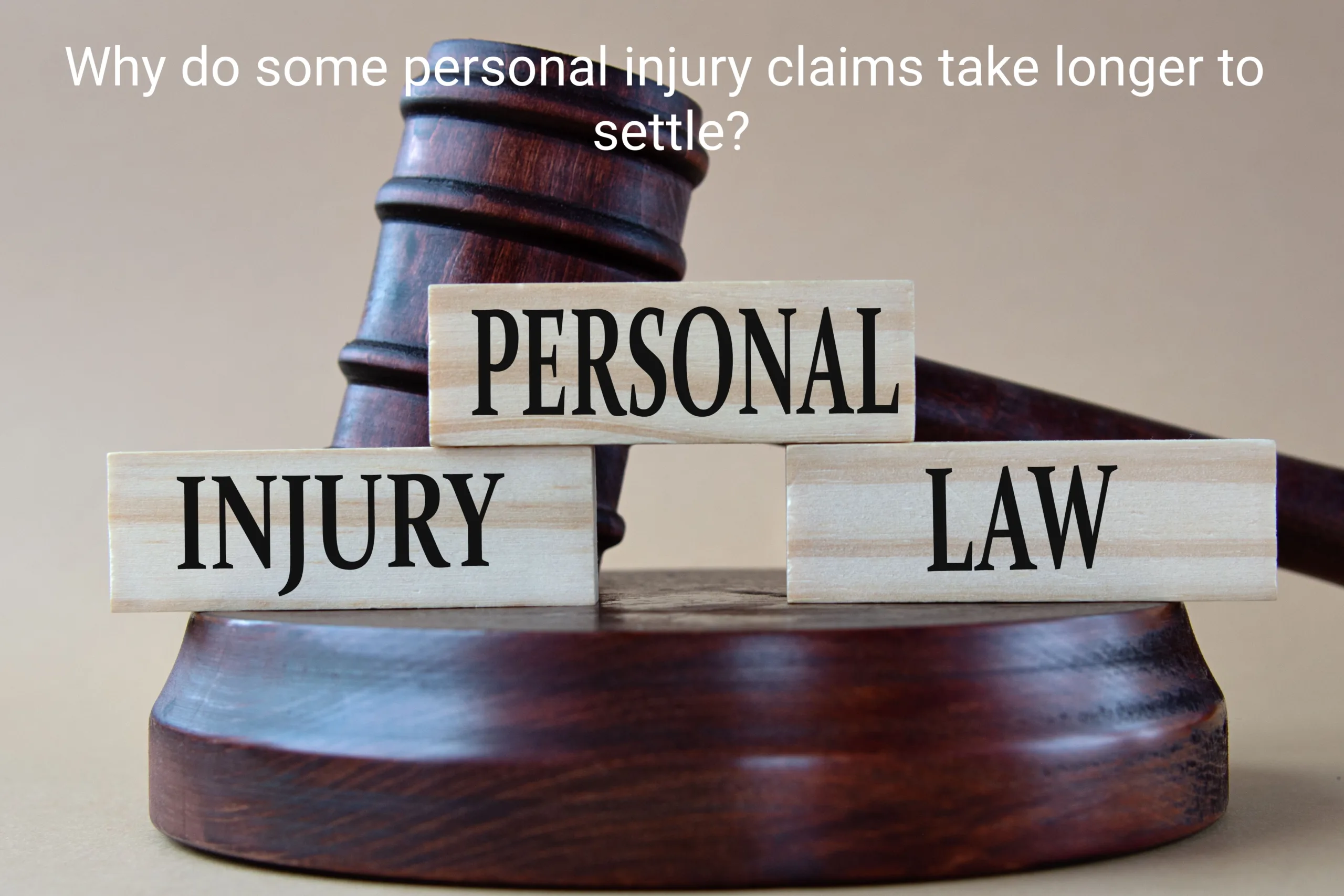While every personal injury case is unique, each person and their specific situation must stand on its own merit. Understanding the factors that influence the evaluation of a personal injury case in Texas can help you navigate the legal process more effectively.
The best Houston personal injury lawyers have learned through experience how to evaluate a personal injury case. Three factors are routinely used to assess every personal injury case.
These are the factors that injury attorneys also use to decide whether a case is one they will take. Because personal injury attorneys take cases on a contingent fee basis, they must be selective to succeed in business.
Liability
The first factor to be analyzed is the liability in the case. The liability factor must be one in which the personal injury victim can prevail. That a serious injury occurred is not, by itself, enough to support a case.
The question is, “What did the potential defendant do wrong?”
Violations of rules or laws can be compelling evidence in a case. With most personal injury claims in Texas, the defendant must have been negligent in some way that caused the injury. This could be a truck driver violating safety rules that lead to a big rig crash.
Balanced against what the defendant did wrong is how the plaintiff or personal injury victim acted. Generally, if you want to retain a personal injury attorney, be prepared to say what the other party did wrong.
If the damages are significant enough, like in a wrongful death case, an attorney may choose to accept the case and then investigate the claim.
The 51% Liability Rule in Texas
In evaluating the defendant’s conduct, the prudent attorney will assess the behavior of the potential plaintiff. What did the injury victim do that was legally wrong?
In Texas, we have a 51% rule: if the jury finds that the cause of the accident was 51% or more the plaintiff’s fault, then the plaintiff does not collect money from the personal injury lawsuit.
While the defense attorneys get paid by the hour, win, lose, or settle, the plaintiff’s counsel only gets paid if money is collected. For this reason, a personal injury attorney must also be a businessperson and picky about the matters they choose to work on.

Damages
If a careful examination of the accident reveals that the plaintiff did nothing wrong, the lawyer will then assess the damages.
Legal damages in Texas can include lost earning ability, disfigurement, and disability. They might also include:
Pain and suffering
Mental anguish
Medical costs
Other damages may apply based on the case. If a defendant acted recklessly, punitive damages could be an option.
Damages are considered in a case evaluation because litigation can be costly. Some cases are more expensive for Texas personal injury attorneys to pursue. Cases such as product liability or medical malpractice involve huge out-of-pocket expenses for the attorney.
Every case will incur expenses for the lawyer, and even an auto accident case can have substantial out-of-pocket expenses to pursue, including the fees charged by doctors for their depositions.
Ability To Pay/ Insurance
Finally, the personal injury evaluation needs to include the ability to pay damages. In many severe cases, the accident was the defendant’s fault, and the personal injury victim’s costs are high. Yet, inadequate or no insurance coverage is available to the injury victim.
A saying comes to mind–
“You can’t get blood from a turnip.”
That applies to personal injury cases in Texas. Careful evaluation will conclude that damages can be paid. If one ends up with a worthless piece of paper that claims one is owed money but can’t collect it, the lawsuit lacks justice.
In short, in Texas, collecting damages refers to the liability insurance coverage that can be collected if the case is won.
Other factors that matter!
The Parties
Law school professors often tell a class that a lawsuit can be a “personality contest.” In other words, the more likable the parties are, the more apt they are to prevail. This defines what justice in America should look like, but it is a harsh reality when 12 strangers decide on a case.
Still, it is a consideration for any reasonable personal injury attorney. If the attorney feels that the client may be difficult to work with, the lawyer will likely decline the case.
Additionally, when there are multiple parties involved in a case, it can impact the allocation of fault.
Attorneys Evaluate Cases Based on Experience
A careful evaluation will balance the reasonable cost of pursuing the claim for the personal injury victim against a range of expected damages. The lawyer will look at the predicted range of damages, the costs and time required, and insurance coverage.
If the claim does not appear to be one in which the attorney believes they can recover enough to cover the costs of the case, they will likely decline to take it. Some get upset when a lawyer declines a case.
However, a contingent fee lawyer must be picky about the cases they accept to stay in business.
In Summary
However, the three primary factors —liability, damages, and ability to collect —are used daily by Harris County injury attorneys to determine whether a case will be accepted.
Contact the Injury Lawyers in Houston at Baumgartner Law Firm For Help with Your Case!
Contact Baumgartner Law Firm for a free case evaluation for any accident in Houston, Conroe, or The Woodlands. Call our top-rated personal injury lawyers at (281) 587-1111 for a FREE Case Evaluation.
Baumgartner Law Firm
6711 Cypress Creek Pkwy, Houston, TX, 77069












